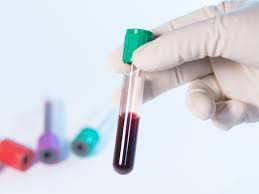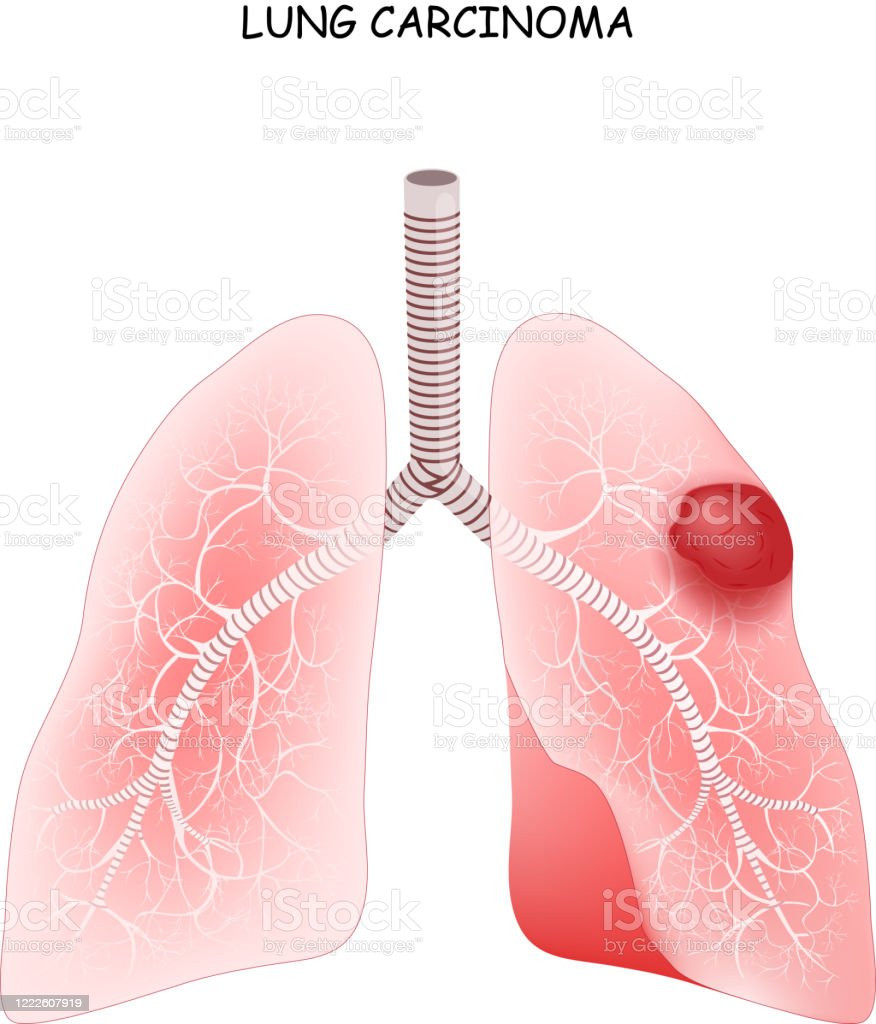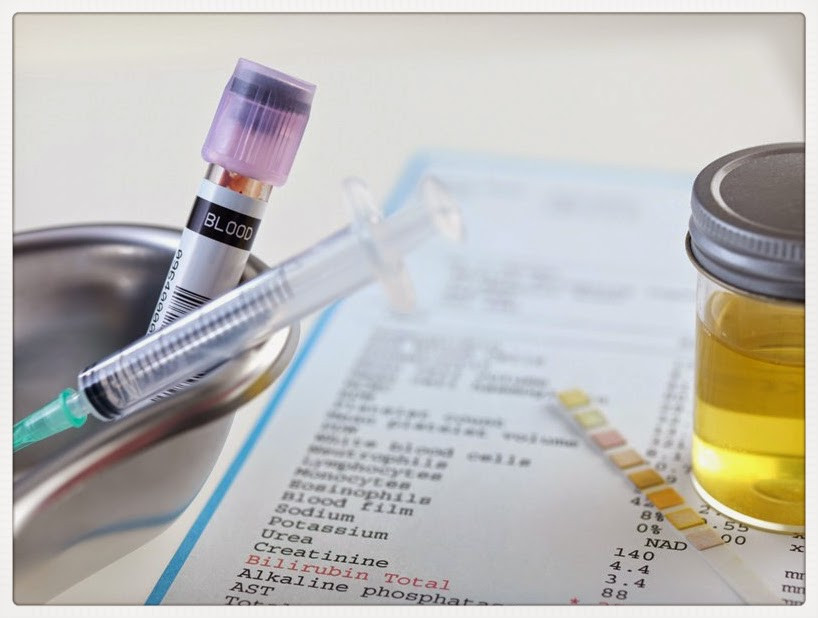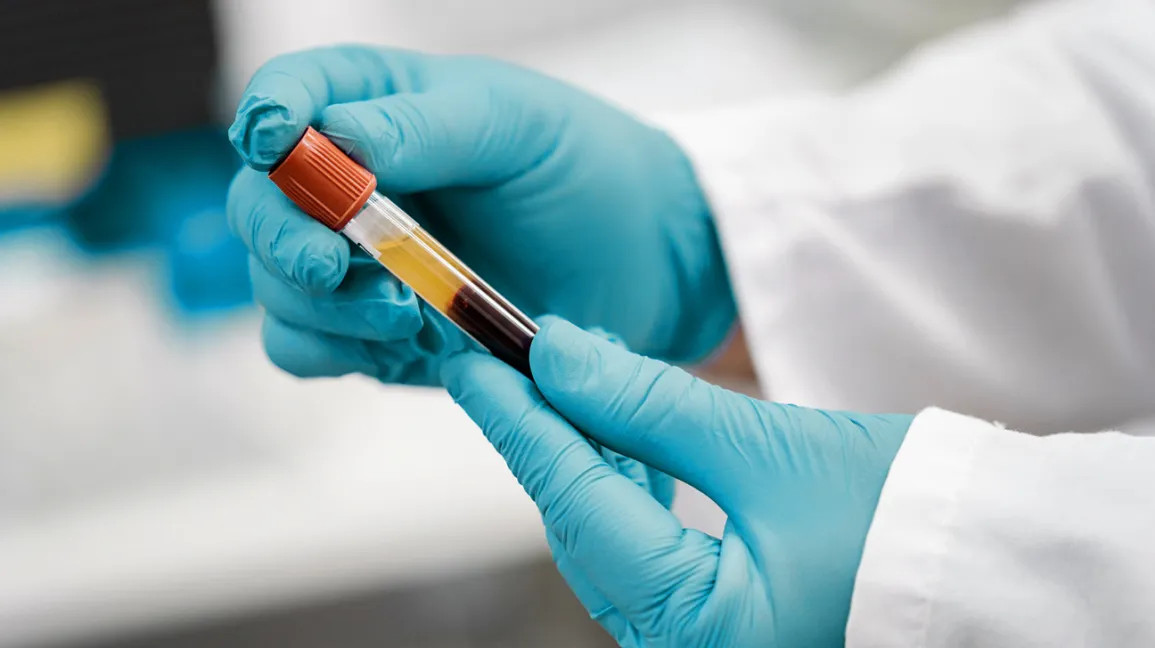Definition
Cancer arises when cellular changes occur rapidly, disrupting the normal cycle where cells eventually die off. Healthy cells in the body typically follow a structured lifecycle, culminating in cell death to prevent an overabundance. However, in cancerous conditions, cells proliferate uncontrollably, leading to tumor formation.
Microscopic tests categorize lung carcinoma into two primary types:
- Small Cell Lung Cancer (SCC)
- Non-Small Cell Lung Cancer (NSCLC)
Among these, NSCLC is more prevalent than SCC. Small Cell Carcinoma, also known as Small Cell Lung Cancer (SCC), is a rare and aggressive form of lung cancer. This condition often develops in individuals with prolonged exposure to tobacco, particularly smokers. The most effective preventive measure for SCC is to cease smoking.
To diagnose SCC, tumor marker tests measure the antigen levels specific to squamous cell carcinoma using blood or serum samples. These assessments rank among the most reliable diagnostic tools for detecting squamous carcinoma cells.
Indications
Medical practitioners recommend SCC marker tests to aid in diagnosing cancers, especially lung cancer. This test can also serve as supplementary evidence for diagnosing other cancers, including squamous cell carcinoma of the cervix, gastric cancer, skin cancer, head and neck carcinoma, and penile cancer.
To ensure comprehensive diagnosis and monitoring, doctors may advise additional evaluations such as imaging studies, X-rays, ultrasounds, and quantitative markers. This test is also pivotal for gauging treatment efficacy and monitoring cancer recurrence.
Contraindications
The SCC marker test is generally regarded as safe, with minimal risks. There are no known specific contraindications linked to this procedure.
Preparation Prior to Test
No elaborate preparations are necessary for the SCC marker test. Fasting is not required unless other simultaneous tests demand it. Patients should inform their healthcare provider about any medications, vitamins, or supplements they are taking. Mental and emotional composure is advised for a smoother experience.
Test Procedure
SCC marker test involves obtaining a blood sample. A healthcare professional will clean the skin on your arm with an alcohol swab before drawing blood from a vein using a sterile syringe. For infants, blood is typically taken from the heel.
When drawing blood from a vein, the skin is first cleansed with an antiseptic. A tourniquet is then tied around the arm to apply pressure, causing veins to swell. A sterile needle is inserted into the vein (commonly in the inner arm, elbow, or back of the hand), and blood is drawn into a vial or syringe. Afterward, the tourniquet is removed, and the puncture site is bandaged to stop bleeding. The collected blood is transferred to a tube and analyzed using specialized laboratory equipment.
The risks associated with blood tests are minimal. Some individuals may experience mild pain, dizziness, or bruising at the puncture site, but these effects typically subside quickly. The entire procedure is straightforward, usually taking no more than 10 minutes from preparation to completion. The process is neither particularly painful nor time-intensive.
Normal and Abnormal Values
In an SCC marker test, a normal value is typically less than 3 ng/ml. An elevation in SCC levels signifies an abnormal result and may indicate an underlying issue.
Results and Recommendations (Follow-up Tests)
SCC test outcomes can vary depending on several factors, including age, gender, and laboratory methods. Results may differ between laboratories. Elevated SCC levels often suggest abnormalities related to squamous cell activity. Since the test does not specify the exact location or cause of the abnormality, it is essential to consult your doctor to interpret the results.
Additional tests may be recommended to confirm the diagnosis and pinpoint the condition's cause. If SCC levels rise during treatment monitoring, it could indicate the need to adjust the treatment plan or signal a recurrence of cancer.
Consult the Right Doctor
If SCC test results reveal abnormalities, it is advisable to consult a general practitioner for a thorough evaluation and accurate diagnosis. For specialized care and advanced treatment options, an internal medicine specialist may also be consulted.
Looking for more information about laboratory, radiology, and other examination results? Click here!
- dr Hanifa Rahma
Small Cell Lung Cancer. (2021). Retrieved 28 June 2023, from https://www.healthline.com/health/lung-cancer-small-cell
Lung Cancer : Everything you Need to Know. (2022). Retrieved 28 June 2023, from https://www.medicalnewstoday.com/articles/323701
Small Cell Lung Cancer. (2022). Retrieved 28 June 2023, from https://my.clevelandclinic.org/health/diseases/6202-small-cell-lung-cancer
Lung Cancer - Small Cell. (2021). Retrieved 28 June 2023, from https://medlineplus.gov/ency/article/000122.htm












